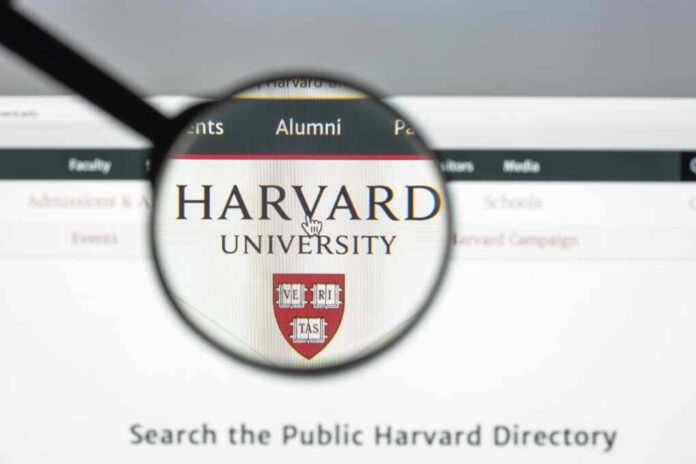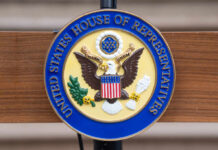
Harvard University has gone even further around the bend with its latest diversity, equity, and inclusion (DEI) initiative. America’s oldest higher education institution, founded in 1636, is expected to host segregated graduation ceremonies for the class of 2024. According to a document obtained by the National Review, Harvard’s DEI office is organizing separate commencements based on race, religion, gender identification and socio-economic status.
Critics argue that such segregated ceremonies that claim to be aimed at “inclusivity” actually perpetuate the societal divisions that leftists crave. Rep. Virginia Foxx (R-NC), chairwoman of the Education and Workforce Committee, echoed this sentiment: “Graduation ceremonies should unite students.” She argues that Harvard is further dividing its student body by indulging in identity politics and radical DEI ideologies.
Harvard To Hold Segregated Graduation Ceremonies – Is this where we really want to go? https://t.co/9rdChZZh1f
— 🇺🇸 Raven 🐦⬛🪶 (@DrkRaven62) April 5, 2024
The university’s commitment to DEI has come under increased scrutiny in the last year, especially in light of accusations against its failure to effectively address campus antisemitism. Harvard Divinity School student Shabbos Kestenbaum has argued the university’s DEI initiatives have only marginalized groups like Jewish students instead of promoting inclusivity.
Harvard’s decision to segment its graduation ceremonies reflects a broader debate on the role of identity in academia and society. The university’s move toward segregated graduation ceremonies underscores the often absurd outcomes of aggressive DEI policymaking. Like many other schools, Harvard claims it only desires to acknowledge and celebrate all students’ unique backgrounds and experiences. Nevertheless, implementing outdated segregationist policies that increase discomfort and hostility only reinforces the social divisions that revolutionary socialists have always longed for.
The path to integration and gender equality at Harvard reveals both challenges and milestones that underscore the institution’s evolution over the centuries. That work is now being undone by the demands of leftist DEI exclusionary policies.
Richard Theodore Greener became the first African-American graduate of Harvard College in 1870, marking an important step toward racial diversity within the university. This progress continued into the 19th century when Louis Brandeis, who would become the first Jewish justice on the Supreme Court, graduated from Harvard Law School in 1877.



























